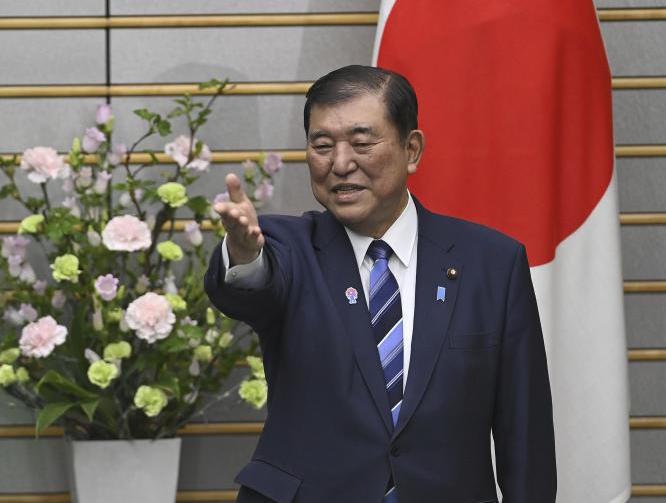Just a few hours before the new tariffs by Donald Trump came into effect and once again shook the global markets, the President of the United States had a message for those world leaders who have been calling him in recent days to try to reach a trade agreement. "These countries are calling me and kissing my **," he said during a fundraising gala for the Republican Party.
"Please, please, sir, make a deal. I will do whatever. I will do whatever, sir," Trump continued with a mockery aimed at colleagues from other countries, who happen to be his theoretical allies, who bothered to pick up the phone to try to appease the tariff slap that has come from Washington.
The first to call Trump, last Friday, was the leader of Vietnam, To Lam, General Secretary of the ruling Communist Party, who said that the conversation had been very productive after getting a commitment from the American to discuss directly an agreement that eliminates the 46% tariffs that hit this Southeast Asian country.
Vietnam, where the Spanish President Pedro Sánchez is currently visiting, announced that they will buy many more American products, especially defense equipment, to reduce a trade surplus of over $123 billion last year with the US, its largest export market.
After the leader of the Vietnamese regime, the next to call Trump was Japanese Prime Minister Shigeru Ishiba, a major ally in the region for Washington. "I told Trump that Japan has been the largest investor in the US for five consecutive years and that tariff policies could harm the investment capacity of Japanese companies," Ishiba stated on Monday at a press conference after a 25-minute talk with his American counterpart.
Hours later, Trump revealed that the Japanese would send a team to Washington to negotiate the 24% tariffs on imports of Japanese products, in addition to a 25% tax on cars manufactured in this country. "They have treated the United States very unfairly in trade matters. They don't take our cars, but we take millions of theirs. The same goes for agriculture and many other things," the American stated.
Ryosei Akazawa, Minister of Economic Revitalization, who is in charge of economic and fiscal policy, has been chosen as the tariff negotiator for the world's third-largest economy, where analysts predict that the tariff increase could reduce GDP growth by up to 0.8%.
In neighboring South Korea, another key regional partner of Washington, they also have a negotiating team already in the US capital to discuss a 25% tariff that is shaking the main export engines of this nation, especially the automotive industry. On Tuesday, the acting President, Han Duck-soo, called Trump to say that Seoul was willing to buy much more liquefied gas from the US and to open the doors of their country to American companies for ambitious naval infrastructure projects. On Wednesday, South Korean authorities announced several financial support measures for their car manufacturers.
"We want to negotiate, and no counterattack will improve the situation," Han said in an interview with CNN in response to whether South Korea would join forces with China to counter Trump's tariffs. For now, China is the only major player in Asia resisting "kissing Trump's a**."
